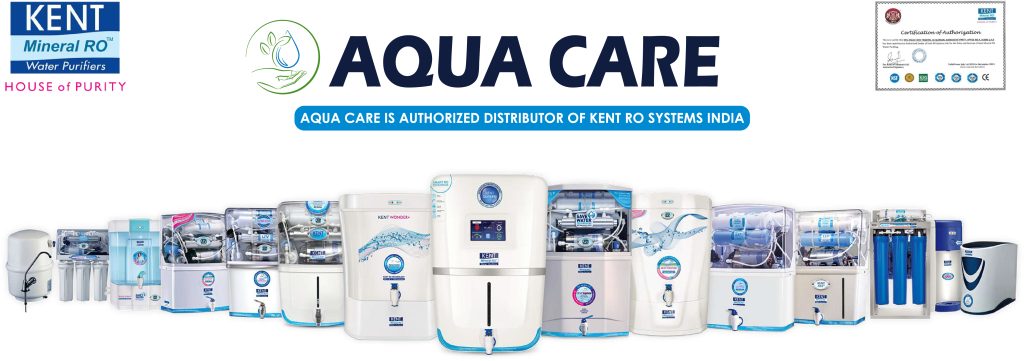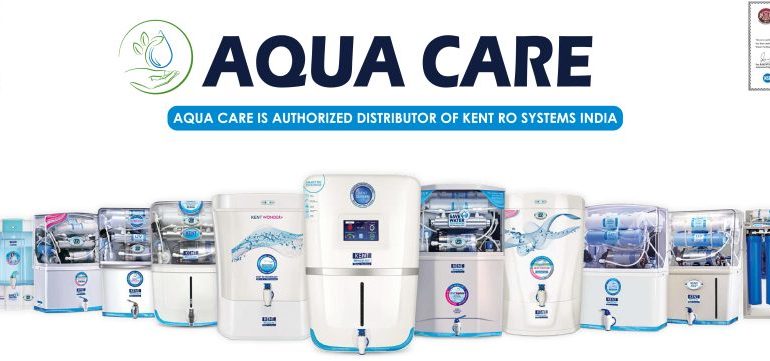Aqua Care Best Drinking Water Filter Dubai is a renowned provider of water filtration solutions in Dubai, specializing in a wide range of products designed to improve the quality of drinking water for both residential and commercial use. Their offerings include Reverse Osmosis (RO) systems, water softeners, shower filters, and whole house water filtration systems, among others.
Aqua Care is known for its commitment to delivering high-quality, durable, and efficient water filtration products that cater to the specific needs of the Dubai market, where desalinated water is common. They emphasize on not only enhancing the taste and purity of water but also on ensuring that it is free from contaminants and safe for consumption. Additionally, Aqua Care Water Filter provides professional installation services and customer support, ensuring that their clients receive a comprehensive and satisfactory water filtration experience. Their focus on quality, customer service, and a range of products tailored to local water conditions makes them a prominent choice in the Dubai water filter market.
Making a homemade drinking water filter can be a useful skill, especially in areas where water quality might be a concern. Here’s a basic method to create a simple water filter at home. Remember, this type of filter can improve the taste and clarity of water, but it’s not guaranteed to remove all contaminants or make the water safe for drinking. For complete safety, especially in areas with known water quality issues, it’s best to use a commercially available filter certified for that purpose.
Materials Needed
- Plastic Bottle or Large Funnel: This will serve as the body of your filter.
- Clean Sand: Acts as a preliminary filter to remove large particles.
- Activated Charcoal: Helps to remove some impurities and improve the taste and odor of the water.
- Gravel or Small Stones: Assists in filtering out larger particles before the water hits the finer sand and charcoal.
- Cloth or Coffee Filter: To prevent the sand and charcoal from escaping.
- A Container: To catch the filtered water.
Steps to Make the Water Filter
- Cut the Bottom off the Bottle: If using a plastic bottle, cut off the bottom. Flip the bottle upside down (with the cap off). If using a funnel, you can skip this step.
- Place the Cloth or Coffee Filter: Cover the bottle’s opening (which is now at the bottom) with a cloth or coffee filter. This will prevent sand and charcoal from slipping through into your clean water.
- Add Gravel or Small Stones: Fill the bottom third of the bottle with small stones or gravel. This layer catches larger particles and debris.
- Add Activated Charcoal: On top of the gravel, add a layer of activated charcoal. This should be about 1-2 inches thick. Activated charcoal is effective at removing chemicals and odors from water.
- Add Sand: Above the charcoal layer, fill the bottle with sand. This helps to filter out smaller particles. You can use two types of sand – a finer one and a coarser one, with the coarser layer on top.
- Prepare the Water: Before filtering, make sure the water is clear. If it’s very dirty or muddy, let it settle first and use only the clear water on top.
- Filter the Water: Pour the water into the top of the filter and let it drip into the clean container below. The water that comes out will be clearer and might taste better, but remember, it might not be 100% safe for drinking as pathogens and some contaminants can still be present.
- Disinfect the Water (Optional): To ensure safety, it’s advised to disinfect the filtered water. You can boil it for at least 1-2 minutes or use water purification tablets according to their instructions.
Additional Notes
- The effectiveness of homemade water filters varies greatly. This setup is more for emergency situations or as a learning project.
- In Dubai or other places with specific water concerns, it’s advisable to rely on commercially available water filters that meet local water quality standards.
- Regularly replace the materials in your filter to maintain its effectiveness.
While this filter can improve the quality of water, it’s important to understand its limitations and not rely on it as the sole method of water purification, especially in areas with known water quality issues. For regular home use, especially in a city like Dubai, commercially available water filters or bottled water might be more reliable options.
Advanced Homemade Water Filter
If you’re interested in a more advanced setup, consider adding additional layers to your filter:
- Multiple Sand Layers: Use both coarse and fine sand in separate layers, with the coarse sand on top. This can improve the filtration process.
- Peat Moss or Cotton: For an even finer filtration layer, add a layer of peat moss or cotton above the charcoal. This can help trap smaller particles.
- Multiple Charcoal Layers: Consider having more than one layer of activated charcoal to enhance the removal of impurities and odors.
Maintenance and Care
Proper maintenance is crucial for homemade filters:
- Regular Replacement: The materials in the filter (especially sand and charcoal) should be replaced regularly, as they can become clogged with impurities over time.
- Cleaning: Regularly clean the container and the bottle or funnel used for the filter to prevent the growth of mold or bacteria.
Water Quality in Dubai
Dubai, being a modern city, usually has good municipal water quality. However, the taste or residual chlorine might prompt individuals to seek additional filtration methods.
- Local Water Sources: Understand where your water is coming from. In Dubai, most water is desalinated, which is generally safe but might have a different taste or mineral content compared to natural sources.
- Government Standards: Check local government standards for water quality and see how your homemade filter measures up.

Commercial Water Filters
In urban environments like Dubai, commercial water filters are often a more practical and safer choice:
- RO Systems: Reverse Osmosis (RO) systems are popular in areas where water might have higher levels of dissolved salts, typical of desalinated water.
- UV Filters: Ultraviolet filters can kill bacteria and viruses, providing an additional safety layer.
- Certifications: Look for filters with certifications or ratings that guarantee they can remove specific contaminants relevant to your area.
Bottled Water
While not the most environmentally friendly option, bottled water is a common choice in many parts of the world, including Dubai. It’s convenient and meets safety standards, but it’s important to consider the environmental impact and cost over time.
Environmental Considerations
If you’re concerned about the environmental impact of bottled water or commercial filters, consider:
- Recycling: Use systems that have recyclable filters.
- Sustainability: Look for filter brands that prioritize sustainability in their production and disposal methods.
in Last While a homemade water filter can be an interesting project and may provide basic filtration, it’s important to be aware of its limitations. In a city like Dubai, where water quality and availability might not be a significant issue, commercial water filters Company or bottled water are generally safer and more reliable options for ensuring the quality of drinking water. Always prioritize safety and adhere to local guidelines regarding water consumption.

